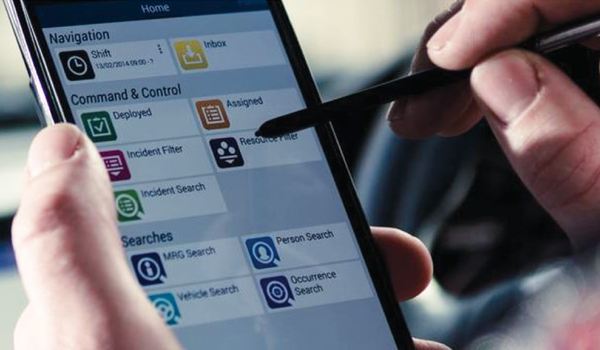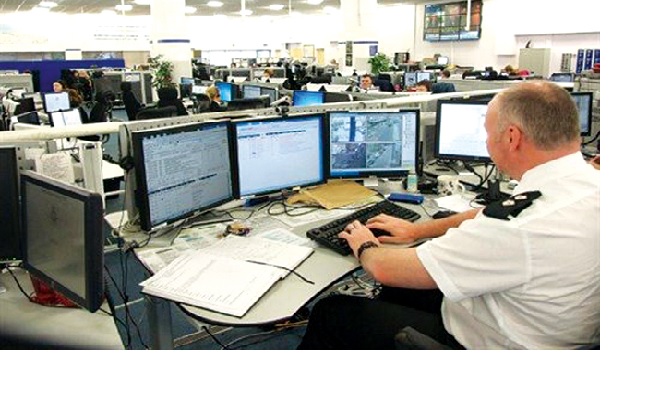Remote control policing
Ground-breaking traffic technology designed to improve road safety and reduce congestion on the roads could also have huge benefits in the policing of cross border crime. Cliff Caswell reports

Ground-breaking traffic technology designed to improve road safety and reduce congestion on the roads could also have huge benefits in the policing of cross border crime. Cliff Caswell reports
Intelligent Transport Systems (ITS) have the potential to make an impact on crime figures, denying criminals the use of the road and forcing them to change their behaviour.
Many of these technologies have already been earmarked for road-charging schemes by the Government, aimed at reducing traffic gridlock and cutting pollution. But looking further in to the future, some agencies believe such technology could result in substantial improvements in road safety, with visions of advanced driver aids, collision and journey data recording and even the prospect of the automated highway potentially leading to substantial reductions in road accidents and the resulting fatalities and injuries.
Within theses technological advances there are also major benefits for .law enforcement. An example of this is vehicle location equipment, which can provide deployment information to a force control room, allowing the most appropriate units to be dispatched to an incident, and has already been tested on UK roads.
But this is just the tip of the iceberg. With the prospect of widespread use of advanced ANPR systems and the ability for officers to be able to remotely immobilise cars, cross-border law enforcement will be a reality.
The rapid progress of ITS, which has its roots in kit produced for the military, has surpassed the expectations of many motor industry experts.
The mainstay of many systems is the global positioning system (GPS) satellite network. Accurate enough to pinpoint a vehicle within metres of its location, it can track a stolen car and provide accurate directions to drivers. With the introduction of real-time traffic information (the TrafficMaster SmartNav system now has this capability) cars can be directed around congestion.
Vehicles are also becoming more intelligent. Onboard computers now monitor running data such as tyre pressures and can identify potential faults before they become a serious problem. In the new version of its Laguna, Renault introduced an electronic data card which doubles as the vehicle ignition key. The card stores information that can be downloaded by technicians.
Having recognised the potential benefits of these and other technologies, and their potential for law enforcement, ACPO has established an ITS working group to present police interests to industry. The committee includes representatives from the Department for Transport (DfT) and the Home Office Police Scientific Development Branch, and the group is currently involved in a number of projects (see case studies) with many others in the pipeline.
It has been working with organisations including Thatcham, the insurance research centre, as well as the motoring industry in developing a broad spectrum of transport-related technologies. But according to Chief Superintendent Jim Hammond, deputy chairman of the ACPO working group, the scope for ITS far surpasses traffic enforcement. By tackling criminals on the move and denying them the use of the road, he said that serious crimes, including acts of terrorism, could be prevented.
“It is important to point out that these technologies are not just about catching traffic offenders,” Ch Supt Hammond said. “ITS is clearly going to revolutionise the way we deal with vehicles in future. But as criminals make such a wide use of cars, this technology will have a lot of spin off benefits ultimately, ITS has the ability to assist in a wide spectrum of investigations.”
The more sophisticated equipment with multiple technologies working together, such as Electronic Vehicle Identification, will only arrive with a new generation of cars. “It will be a while before the area takes off but it is coming like the early stages of the internet, it will take time for people to fully understand and be comfortable with the technology,” he said.
According to motor industry experts the pace of



